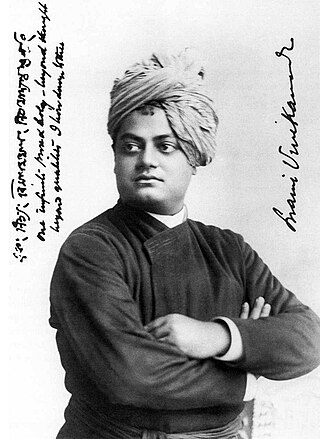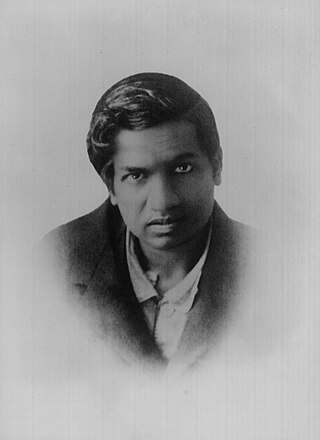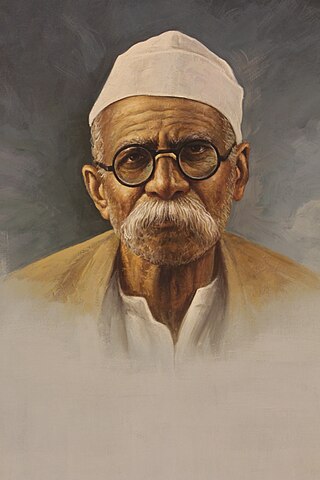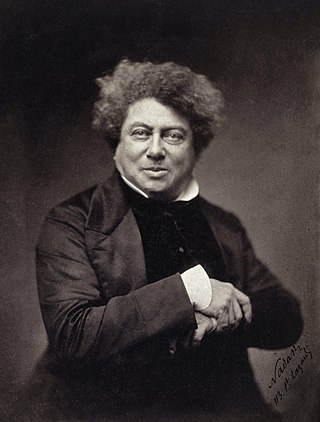Frequent persons on India's street signs
countries
11 names / 136 streets
Mahatma Gandhi
 48
Mohandas Karamchand Gandhi was an Indian lawyer, anti-colonial nationalist and political ethicist who employed nonviolent resistance to lead the successful campaign for India's independence from...
48
Mohandas Karamchand Gandhi was an Indian lawyer, anti-colonial nationalist and political ethicist who employed nonviolent resistance to lead the successful campaign for India's independence from...
Jawaharlal Nehru
 21
Jawaharlal Nehru was an Indian anti-colonial nationalist, statesman, secular humanist, social democrat, and author who was a central figure in India during the middle of the 20th century. Nehru was a...
21
Jawaharlal Nehru was an Indian anti-colonial nationalist, statesman, secular humanist, social democrat, and author who was a central figure in India during the middle of the 20th century. Nehru was a...
Subhas Chandra Bose
 18
Subhas Chandra Bose was an Indian nationalist whose defiance of British authority in India made him a hero among many Indians, but his wartime alliances with Nazi Germany and Imperial Japan left a...
18
Subhas Chandra Bose was an Indian nationalist whose defiance of British authority in India made him a hero among many Indians, but his wartime alliances with Nazi Germany and Imperial Japan left a...
Ashoka
 12
Ashoka, popularly known as Ashoka the Great, was the third Mauryan Emperor of Magadha in the Indian subcontinent during c. 268 to 232 BCE. His empire covered the largest part of the Indian...
12
Ashoka, popularly known as Ashoka the Great, was the third Mauryan Emperor of Magadha in the Indian subcontinent during c. 268 to 232 BCE. His empire covered the largest part of the Indian...
Swami Vivekananda
 9
Swami Vivekananda, born Narendranath Datta, was an Indian Hindu monk, philosopher, author, religious teacher, and the chief disciple of the Indian mystic Ramakrishna. He was a key figure in the...
9
Swami Vivekananda, born Narendranath Datta, was an Indian Hindu monk, philosopher, author, religious teacher, and the chief disciple of the Indian mystic Ramakrishna. He was a key figure in the...
Mahavira
 8
Mahavira, also known as Vardhamana, was the 24th Tirthankara of Jainism. He was the spiritual successor of the 23rd Tirthankara Parshvanatha. Mahavira was born in the early 6th century BCE to a royal...
8
Mahavira, also known as Vardhamana, was the 24th Tirthankara of Jainism. He was the spiritual successor of the 23rd Tirthankara Parshvanatha. Mahavira was born in the early 6th century BCE to a royal...
Srinivasa Ramanujan
 5
Srinivasa Ramanujan
(22 December 1887 – 26 April 1920) was an Indian mathematician. Though he had almost no formal training in pure mathematics, he made substantial contributions to mathematical...
5
Srinivasa Ramanujan
(22 December 1887 – 26 April 1920) was an Indian mathematician. Though he had almost no formal training in pure mathematics, he made substantial contributions to mathematical...
Pandurang Mahadev Bapat
 4
Pandurang Mahadev Bapat, popularly known as Senapati Bapat, was a figure in the Indian independence movement. He acquired the title of Senapati, meaning commander, as a consequence of his leadership...
4
Pandurang Mahadev Bapat, popularly known as Senapati Bapat, was a figure in the Indian independence movement. He acquired the title of Senapati, meaning commander, as a consequence of his leadership...
Kasturba Gandhi
 4
Kasturbai Mohandas Gandhi was an Indian political activist who was involved in the Indian independence movement during British India. She was married to Mohandas Gandhi, commonly known as Mahatma...
4
Kasturbai Mohandas Gandhi was an Indian political activist who was involved in the Indian independence movement during British India. She was married to Mohandas Gandhi, commonly known as Mahatma...
John Bosco
 4
John Melchior Bosco, SDB, popularly known as Don Bosco, was an Italian Catholic priest, educator and writer of the 19th century. While working in Turin, where the population suffered many of the ill...
4
John Melchior Bosco, SDB, popularly known as Don Bosco, was an Italian Catholic priest, educator and writer of the 19th century. While working in Turin, where the population suffered many of the ill...
Alexandre Dumas
 3
Alexandre Dumas, also known as Alexandre Dumas père, was a French novelist and playwright.
3
Alexandre Dumas, also known as Alexandre Dumas père, was a French novelist and playwright.